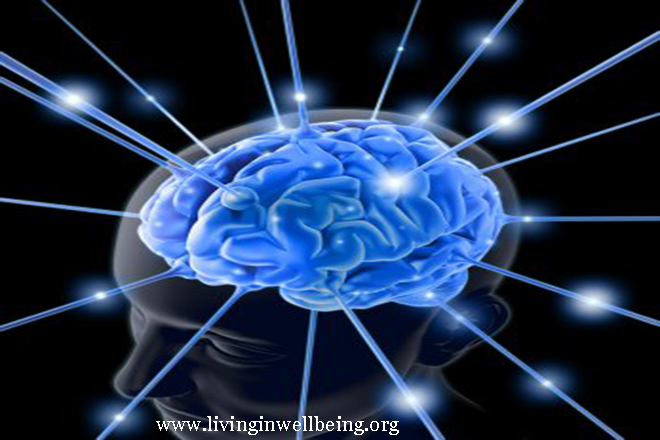
Mindfulness is an effective method for coping with stress, depression, and anxiety, and it stimulates continuing development and healing over the course of a person's life. As a result, it has the ability to help individuals improve their coping skills and enhance their psychological wellness. A person may profit from mindfulness when first introduced to it, but he or she may also find it useful at numerous points on life's journey.
What is mindfulness meditation? This kind of meditation is a self-conscious discipline revolving around developing awareness. It may be explained as a deliberate fostering of moment-to-moment consciousness. Mindfulness meditation involves two types of practice, formal and informal.
Formal meditation refers to setting aside a specific period on a regular basis to commit to nurturing mindfulness. This is frequently pursued through "stilling the body" in a meditative posture or through "conscious walking." Informal mindfulness pertains to conscious attempts to bring moment-to-moment attention to every element of a person's everyday life. In either case, the objective of mindfulness training is to become "present" each moment of the day.
What makes mindfulness different from relaxation? Mindfulness is a technique whereby someone discovers how to deal with the complete spectrum of human emotions. Alternatively, while relaxation might be an attempt to deal with stressful emotions, it could have the opposite effect. If an individual is not able to "attain" the end relaxation or calm, then the practitioner could think that she is in some way inferior or that the strategy is inadequate. In contrast, it is impossible to "get it wrong" at mindfulness. An individual does not have to attain a distinct state in mindfulness practice.
Mindfulness may be used in reducing stress and other undesirable emotions. Mindfulness is a step-by-step, patient-centered, useful technique. At its core, it uses comparatively rigorous training in mindfulness meditation. In the process, people discover how to take better care of themselves and live healthier lives.
Mindfulness has been successfully implemented in a wide variety of clinical facilities, as well as in non-medical settings, such as educational institutions, prisons, athletic training programs, professional programs, and work environments. It's also a methodology that someone can discover and implement without attending therapy. To find out more about how to practice this sort of remedy for depression and anxiety, go to http://www.feelgoodforgood.com.
Summary
Mindfulness is an effective method for coping with depression and anxiety, and it stimulates continuing healing over the course of a person's life. It can help you beat depression and other negative emotions.
About the Author
Struggle with depression and/or anxiety? Live without depression weighing you down. End the downward spiral and live with confidence, hope, happiness, and levity. You can feel good again... really. You can beat depression and do so for good... really. The Feel Good for Good program shows you how: Check it out.
Article Source : http://goarticles.com/article/Mindfullness-Can-Help-Beat-Depression/7356427/
View More About Mindfulness
For More Details About Mindfulness [1]
For More Details About Mindfulness [2]
For More Details About Mindfulness [3]
For More Details About Mindfulness [4]
For More Details About Mindfulness [5]












